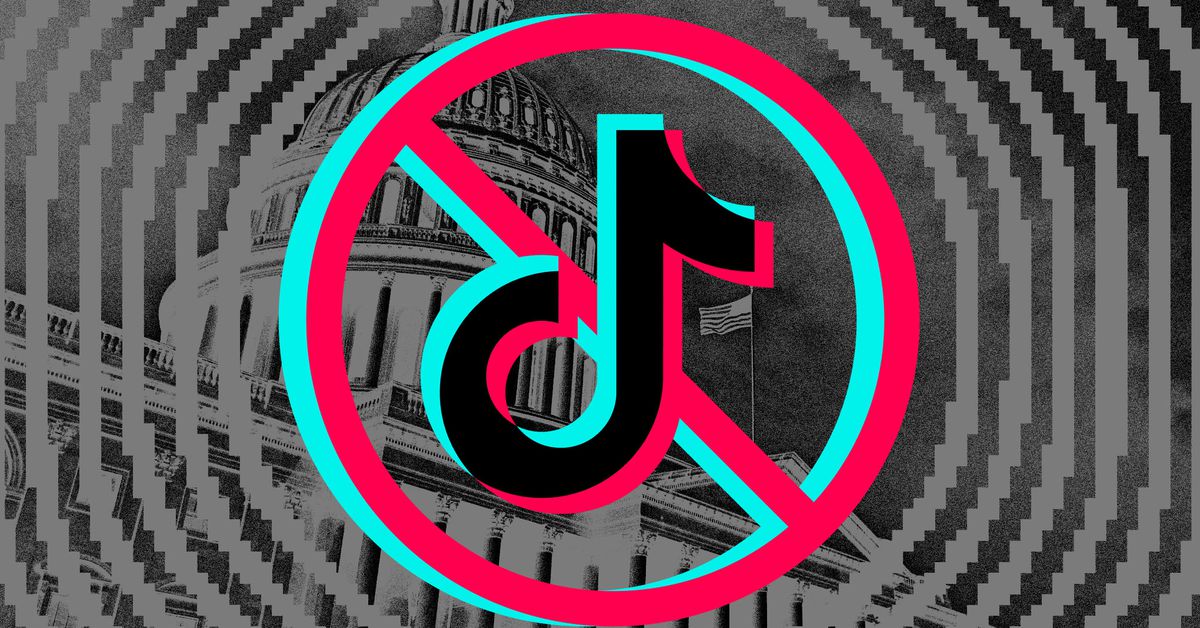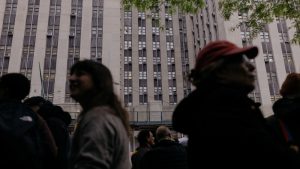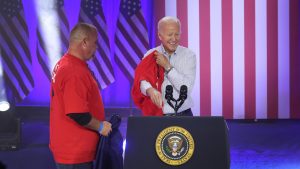
Legal experts say a ban on TikTok without specific evidence violates the First Amendment
The case for a ban on TikTok from ByteDance or is it unconstitutional? A federal court challenge to the forced divestment law
Lawmakers received a classified presentation on TikTok before the ban was added to the foreign aid bill. Exactly what lawmakers heard has not been revealed publicly, but it was enough to coalesce overwhelming bipartisan support for forcing TikTok to divest from ByteDance or face a nationwide shutdown.
The case is filed in the federal Court of Appeals in DC, which has exclusive jurisdiction over challenges to the forced divestment law. The creators are asking the court to declare the law unconstitutional and stop it from being enforced.
The government will need to show some sort of evidence to justify this exceptional measure adopted through an exceptional procedure. “First Amendment law should not countenance shutting down an entire vibrant speech platform for anything less.”
Most experts agree that a ban on TikTok will be examined under what is known as “strict scrutiny,” meaning speech can only be curtailed if there is a compelling government reason and the solution is as narrow as possible.
“I find this especially implausible in light of TikTok’s own good faith effort — Project Texas — to address the government’s stated fears,” said Ryan Calo, a professor in the University of Washington’s School of Law.
Calo is referring to a plan TikTok says it has spent $2 billion on that would, with the help of Austin-based tech company Oracle, create a firewall between U.S. user data and the app’s Beijing-based parent company.
Any purchase of TikTok’s U.S. offices would require the approval of the Chinese government, which opposes a forced sale. ByteDance doesn’t want to get involved with potential TikTok bidders.
The Chinese Communists are a Gun aimed at Americans’ heads: Laycock, Blumenthal, Jaffer, and the government’s purported secret evidence
According to Douglas Laycock, an constitutional law expert at the University of Virginia, the government will try to make the case that this is a “content neutral” regulation of business owned by a foreign nation that poses a national security threat to the us.
While the government will try to make the legal case about security issues rather than free speech, it will be difficult to avoid the constitutional implications, experts said.
“My reaction to this briefing is that TikTok is a gun aimed at Americans’ heads,” Sen. Richard Blumenthal, D-Conn., told reporters after the session, adding, “The Chinese Communists are weaponizing information that they are constantly, surreptitiously collecting from 170 million Americans and potentially aiming that information, using it through algorithms, at the core of American democracy.”
When asked what is the most important unknown in the case, Jameel Jaffer, who leads the Knight First Amendment Institute at Columbia University, said: “The government’s purported secret evidence.”

